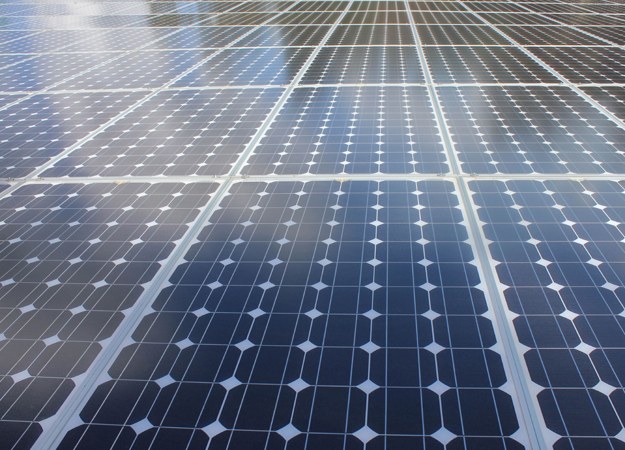New report provides detailed analysis of the Energy and Utilities market
The political crisis may be over and the economic recovery underway, but the market has some way to go before the petrochemicals industry is up to speed and the development of new capacity has been put on hold due to environmental disputes at the chemicals hub in Map Ta Phut, according to our latest Thailand Petrochemicals Report.
Poor margins and low demand meant that the new 400,000tpa PP plant at Map Ta Phut started by Thai Polypropylene Company (TPP) in March 2010 was running at just 75% capacity by mid-2010. In the vinyls chain, prospects also look dim in the near term has construction struggles to reverse the losses sustained in 2009. The construction industry, a major user of PVC, should post growth of 1.5% in 2010, which will only partly offset the 5.4% contraction of 2009. Downside risks for construction activity include the Thai government being unable to deliver on promised spending programmes, in tandem with a longer than expected recession in key export markets, which could mean a continuation of economic recession in Thailand in 2010. PTT Polyethylene also decreased run rates by 5% from May at its 1mn tpa ethylene cracker in Map Ta Phut, bringing its capacity utilisation rate to 60% in June. This will bring down operating rates to an average of 60% for June at the cracker with nameplate capacity of 1 mln tpa ethylene and 25,000 tpa propylene. The cracker has been running well below nameplate capacity since commercial operations started in April due to lack of feedstock ethane from feedstock supplier PTT Plc. PTT’s No 6 gas separation plant, that is to supply 50% of the feedstock, has not been granted clearance to start from local authorities and the environment office.
The company’s plight is shared by a range of producers at Map Ta Phut, a petrochemicals hub where delays caused by project suspensions related to disputes over environmental and health and safety issues. Delays in olefins production are being felt throughout the supply chain. When the dispute concludes, PTT’s olefins capacity will increase from 1.8 mln tpa to 2.8 mln, polymer capacity will increase from 500,000 to 1.5 mln tpa.
The future of the Thai petrochemicals industry rests on the lifting of the suspension on new projects at the Map Ta Phut industrial estate. If these projects are unable to go ahead within a certain timeframe, investor confidence will be shattered and further expansion of the industry will be unlikely. It will also affect our forecasts for petrochemicals capacities. Based on current petrochemicals projects,
Legal problems are also undermining the much-need consolidation of the Thai petrochemicals industry. The PTT Group announced in January 2010 that it intends to complete the merger of its four petrochemical and refining units by 2012. However, the plan to merge its three listed subsidiaries – PTT Aromatics and Refining (PTTAR), PTT Chemical (PTTCH) and IRPC- which are all located at Rayong, in Q110 failed to materialise. It is faced with lawsuits lodged by Prachai Leophairatana, the founder of Thai Petrochemical Industry (TPI) which was renamed IRPC in 2006 after PTT acquired it in a debt restructuring in late 2005. In July 2010, the National Anti-Corruption Commission ruled that former prime minister was wrong to endorse the Finance Ministry as an administrator for TPI’s rehabilitation plan in 2003 when it took it over in a restructuring drive to rescue the industry.
In our Asia Petrochemicals Business Environment Rankings matrix,
Source: http://www.officialwire.com/main.php?action=posted_news&rid=228326

